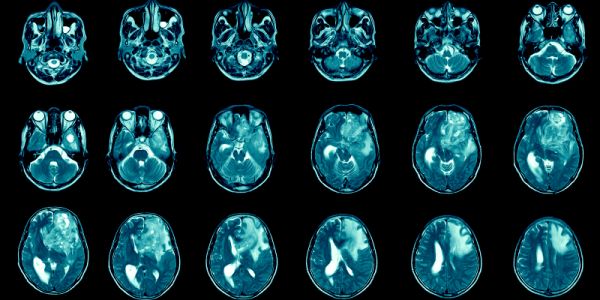
Seeing Stars: New exhibition takes art into outer space
A new exhibition at The Stanley & Audrey Burton Gallery is shining a light on contemporary artists who use the newest technologies for space imaging in their art practice.

A new exhibition at The Stanley & Audrey Burton Gallery is shining a light on contemporary artists who use the newest technologies for space imaging in their art practice.

Researchers have found a concerning lack of robust data for non-white European women in previous studies examining the impact of diet on gestational diabetes.

A potential new approach to treating one of the most common and devastating forms of brain cancer in adults has been developed in a seven-year research project.

A different way of treating people with prostate cancer will be investigated by researchers at the University of Leeds in a new clinical trial funded by Yorkshire Cancer Research.

A global festival bringing people with a thirst for knowledge together with scientists at the frontiers of discovery is back in Leeds for 2022.

Experiencing loneliness appears to lead to a higher risk of future unemployment, according to new research.

Scientists are locked in an arms race to understand the ever-changing structure of proteins, argues a Nobel Prize winning structural biologist.

If you are feeling a bit peckish do you enjoy a bit of scran or docky? Perhaps if you have a sweet tooth then a bag of cooshies or jumbles might hit the spot.

Patients experiencing long COVID are receiving “inconsistent advice” on how to resume physical activities, according to a major study.

The number of people living with atrial fibrillation – a dangerous heart condition and major cause of stroke – has increased by 72% in England over the last two decades, according to new research.